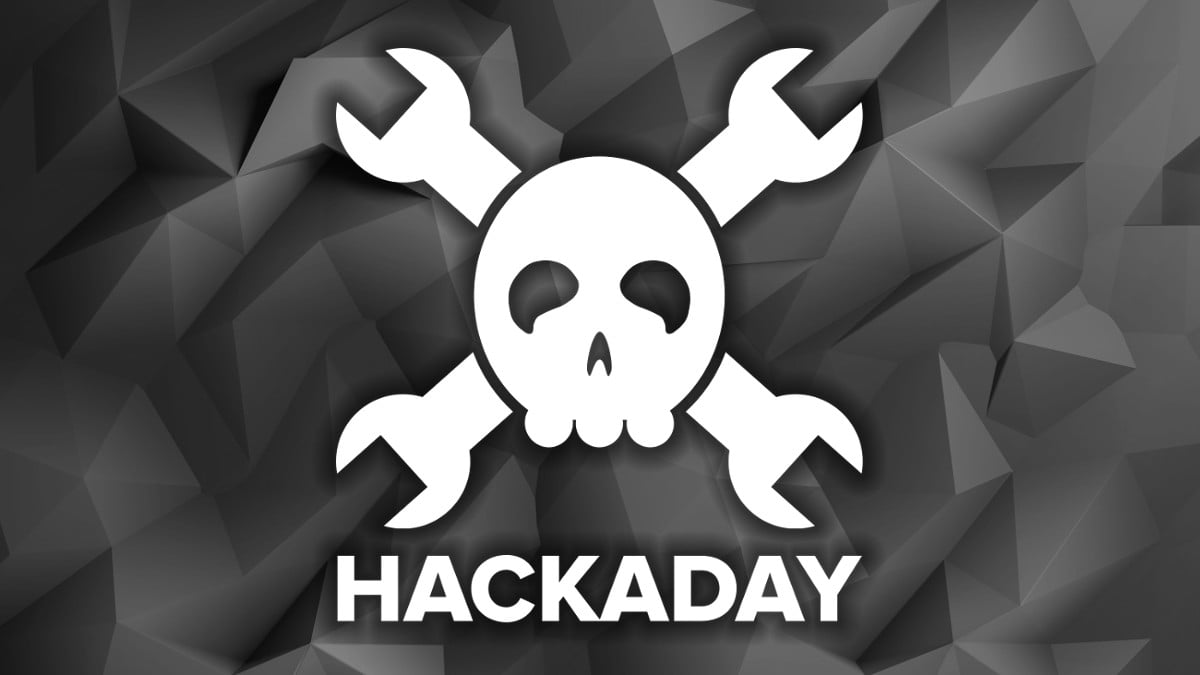Freed At Last From Patents, Does Anyone Still Care About MP3?
-
-
Mp3's just don't sound good to me. It's a very old format that was pretty much the first of it's kind. Audio compression (while I don't like it) has improved greatly over the years. I saw another user bring up OGG OPUS and it's really impressive what it can do. I was able to compress a song to fit on a floppy disk while still being listenable. It kind of sucks that formats like mp3 and jpg are the standard when open formats that are major improvements over older formats fail to recieve significant adoption. AAC 320 is the 60/90 difference to me. I was shocked how close a 320 kbps m4a file is to CD quality flac.
-
How? It's never failed me once. It's literally just like Spotify except my own collection.
-
-
If you are using the files played back at different tempos or keyshifted, the difference between lossy and lossless is a lot more apparent. For standard playback at normal pitch, mp3 is just fine.
-
But think about the 5 MB they saved!
-
I'm curious if you've tried listening to lossy compressed audio through a vacuum tube output stage? I use a cheap tube compressor with the attack and release turned to minimal and just a little bit of extra makeup gain so that the tube colors the audio a small amount. Think of it like sanding the layer lines of a 3d print, but for audio. It does introduce a small amount of hiss and colors the midrange a bit more prominently, but you can eq that out.
-
Damn, I never even thought of the implications for compsci. That's gotta be an interesting challenge for profs these days.
-
-
I've never had access to any tube equipment. I did listen to lossy audio from a late '80s Technics reciever which had a similar effect to what you describe. It made the music much more berable to listen to. I do most of my music consumption on my PC now. I do love the mixes used for vinyl records however, It makes me sad they're not available digitally. Most modern music is brickwalled sadly. I'll buy a few records now and again because of the dynamic sound. Sorry for the rant but I love dynamic recordings and I'm sad they're a rarity now outside of expensive vinyl records.
-
JPG is absolutly fine for web based images. I was thinking more of jpeg-xl. Smaller files size and identical quality to jpeg. Also it supports lossless too. WebP is also good but I don't like that it's developed by Google.
-
That sounds like conclusive proof that sound quality is determined by the shittiest component in the signal chain.
-
-
If you can, I highly recommend you try it out. There's relatively inexpensive tube amps, even on Amazon that you could play with and box back up if it's not your cup of tea. I just looked at the compressor I use and the price has gone up to a point where it doesn't make much sense anymore, but it is SUPER useful to add some warmth in between a digital source and the class d amps I use in my PA system.
-
-
-
-
Swapping out tubes (and opamps on your DAC) is very much a thing, and I'm convinced that I can hear the difference between a sovtek tube and a Chinese clone, but that could be all in my head, as it wasn't a blind test. Do some research on the amps, but for computer use, Fosi mc331 has an integrated DAC and puts out about 100w per channel. If my computer didn't already have active studio monitors, I'd have pulled the trigger on it by now. For $116, it's hard to resist.
-
The abstraction away of the idea of files and folders is a deliberate user disempowerment strategy by app and mobile OS creators. The underlying concept is that the app owns the data, you don't. It also conceals the fact that use of standard file formats and directory structure conventions were developed to facilitate interoperability: apps come and go, but the data was meant to live on regardless. Of course, vendors want to break interoperability since doing so enables lock-in. Even when the format of the underlying content is standarized, they'll still try to fuck you over by imposing a proprietary metadata standard.
Just another example of enshittification at work.



